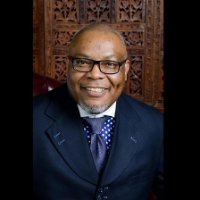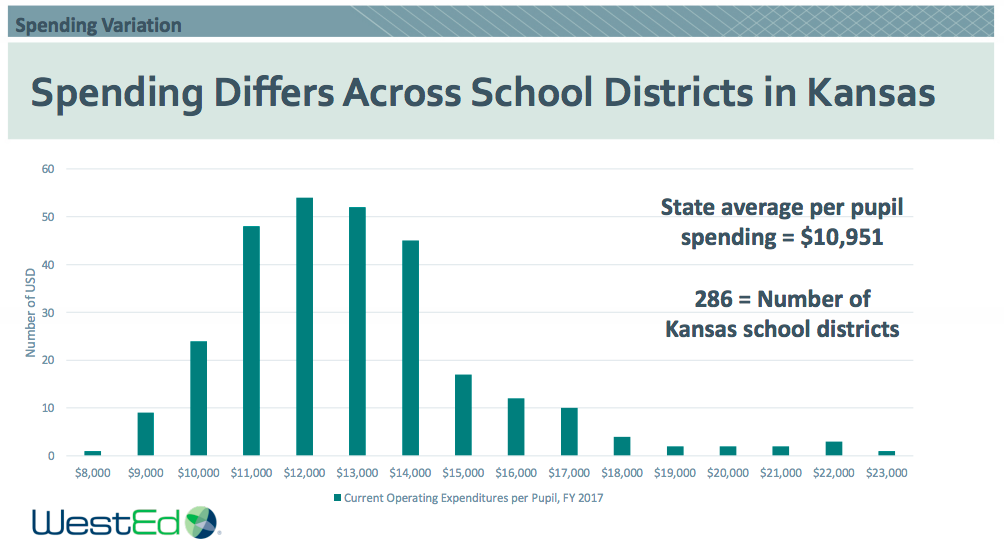The Kansas Justice Institute, or KJI, will assist citizens in litigating property tax issues, private property issues and civil asset forfeiture, but organization officials said its first foray in Kansas may be representing students who aren’t receiving their Constitutional right to an education.
The Kansas Policy Institute, an economic liberty think tank, announced the launch of the the legal institute on May 1. Dave Trabert, president of KPI, said he hopes that the announcement will force legislators to adopt school funding legislation that holds school districts accountable when students don’t succeed.
“At some point, there has to be a remedy that stands up for students. The remedy can never be to just give schools more money. The goal has to be students first, not institutions first,” Trabert said.
The new litigation center will be modeled on the renowned Institute for Justice, a non-profit law firm that is the National Law Firm for Liberty. IJ litigates to limit the size and scope of government power and to ensure that all Americans have the right to control their own destinies as free and responsible members of society. The Kansas Justice Institute will do much the same for Kansans.
Legislators face a Kansas Supreme Court-mandated June 30 deadline to adopt a new school financing formula.
The Court’s ruling acknowledged that a quarter of Kansas students do not meet math and reading standards, but Trabert said in school funding hearings this session, legislators rejected opportunities to hold schools accountable.
Mike O’Neal, a lawyer and former Speaker of the Kansas House, said schools sue year after year for more money in the current environment, while kids are being left behind.
“Many are trapped in a school with compulsory attendance, compulsory coursework, and there’s nowhere to go,” O’Neal said.
For the first time, the Court noted school funding is not about input, it’s about student outcomes, he explained. The Court ruled that the right to an education is a Constitutional one.
“If there’s going to be future litigation it ought to be about the right thing, and that is the fundamental idea of actually delivering on the promise of education,” O’Neal said.
The state isn’t immune from liability for the failure to deliver on the promise of an education, he said.
School Choice
Trabert said when resources are directed to the students instead of to an institution, students have the opportunity to succeed. He introduced Wade Moore, the headmaster of a private school in Wichita, that specializes in educating low income students.

The majority of the Urban Preparaory’s 51 students come from a school that is one of the 99 lowest performing schools in the state, according to Moore.
“It’s probably toward the bottom of failing schools,” Moore said.
When students arrive at his school, they are three or four grade levels behind in reading and math.
“We are able to take those students and get them up to grade level, and some of them are above grade level for a third of the cost of what’s being spent on the public school system,” Moore said.
Urban Prep uses private fundraising as well as a corporate tax credit for student scholarships to assist with funding. Lawmakers appear poised to revoke the tax credit scholarships as they grapple with crafting a school funding formula. That could provoke KJI to step in with litigation in which students in failing schools are the plaintiffs. If lawmakers adopt a formula and a quarter of students continue to fall short of meeting reading and math standards, KJI might argue on behalf of failing students that the additional money isn’t being directed to ensuring student success.
“We want to make sure that students have opportunity,” Trabert said. “If going to court is what it takes to get the state’s attention, then we’re prepared to do that.”



